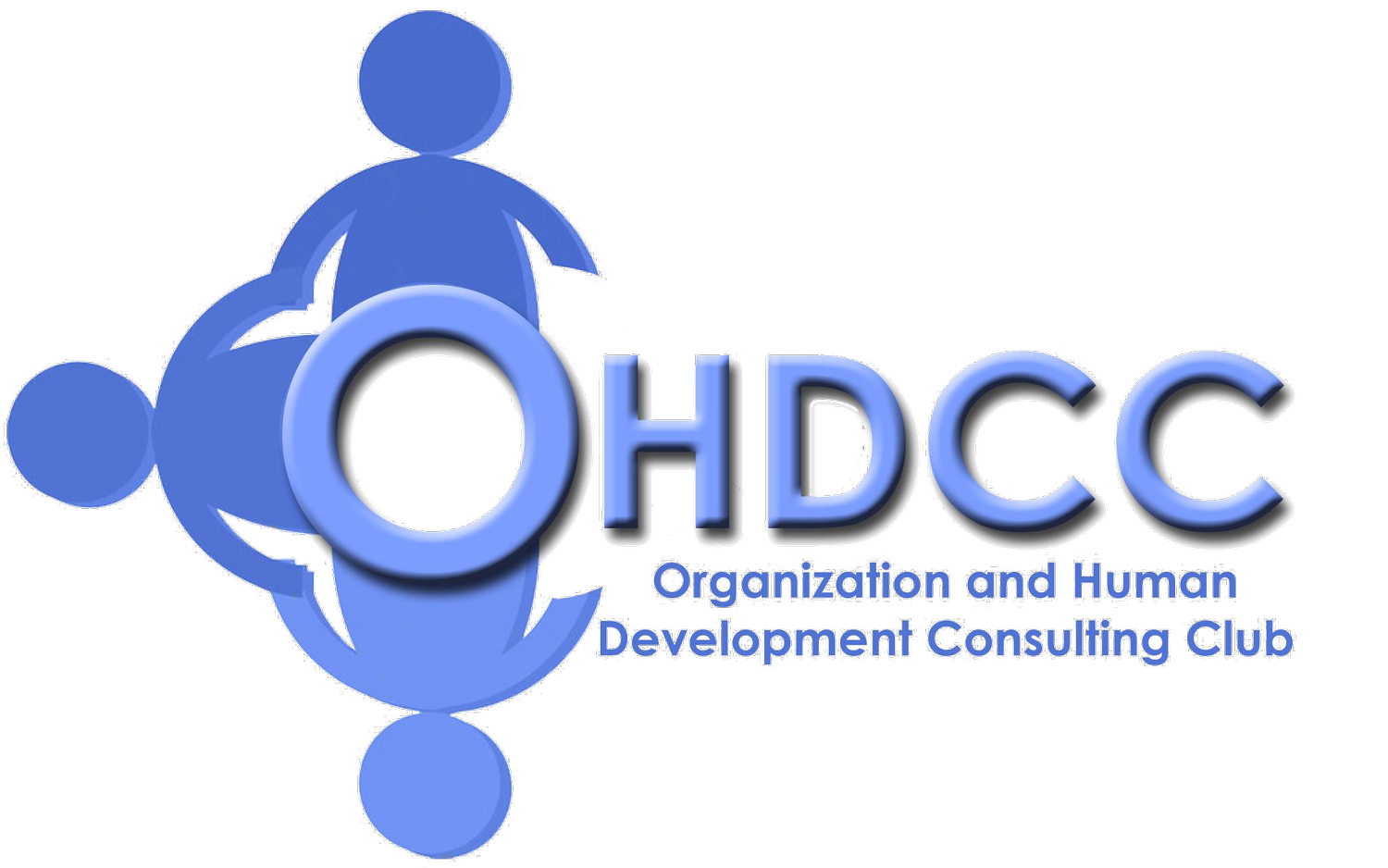
Frequently Asked Questions
OHDCC
What is OHDCC?
OHDCC is a student-run organization for the Social Organizational Psychology program at Teachers College, Columbia University. It mainly comprises of Masters and PhD students in the program, but it is open to everyone at TC. OHDCC offers opportunities for professional development and networking and serves as a place to build community for students.
What do I get if I sign up?
For the dues of just $40, you receive a lifetime membership in OHDCC and receive invitations to our events including case competitions, expertise panels, and social networking. You also have the chance to participate in the ambassador and mentorship programs.
How do I sign up?
Click here.
What is the difference between an Ambassador and a Mentor?
The OHDCC Ambassador is a representative of our program and is involved in several aspects of OHDCC programming including new student guidance and event planning. The Mentor is a continuing student or alumnus that is assigned one or more students to help them navigate life in the Social Org Psych Program. This could include talking about classes, opportunities or where to have the best bagels! Second year students are often paired with alumni of the S-OP program. The Ambassador and Mentor are not mutually exclusive roles and one person can take on both.
How do I get a Mentor?
The application to join the mentorship program as a mentee will be open shortly. In the meanwhile, if you have any questions, please send questions to contactOHDCC@gmail.com.
The S-OP Program and Teachers College
Why should I join the Social Org Psych program at TC?
While the reasons to join this program are endless and each individual will have their own opinion, some of our favorites are:
To deepen your understanding of organizations and systems.
Develop expertise in a niche area ranging from change management to conflict resolution.
Get the best of Scientists-Practitioners – courses taught by both academics and industry experts.
Experience the best of NYC including a range of opportunities for internships and networking.
Tap into an extensive alumni network.
Take advantage of excellent career counseling and resources at TC NEXT (see their website here).
What is the difference between Social-Organizational Psychology and I/O Psych?
A key differentiating factor for the Social-Org program is the systems level analysis. While we do consider individual psychology (such as assessments and motivation), we also consider the group or team, organization, and the system as a whole. We view organizations as situated in broader social, political, and economic contexts, and believe organizations affect and are affected by, their environment. We use this perspective to guide us in gathering critical information, conducting rigorous analyses, and crafting relevant and workable solutions.
What is required to join the program?
Usually, to apply for the program you are required to have a bachelor’s degree, relevant work experience, and a GRE or GMAT score. For more detailed information, please click here.
How do I register for classes?
Registration timeline and information can be found in your myTC portal. We recommend signing up as quickly as possible on the day registration opens as classes often get full quickly. However, do keep a lookout for emails from John Handal, our Program Manager, as he is able to help with registration.
What classes should I take in my first semester?
You are free to choose whichever courses you are interested in, but a recommendation is to complete some of the core courses as they are prerequisites for other courses. In particular, Organizational Psychology (ORLJ 4005) and Understanding Behavioral Research (ORLJ 4009) are often required as prerequisites for other courses.
What classes are available to me?
To view the available classes for the upcoming semester, please click here. Most Organizational Psychology classes fall under the subject code, ORLJ.
What is the recommended class load?
For full-time students, the recommended course load is 12 credits (a requirement for international students). Students can take a maximum of 18 credits a semester.
Part-time students usually take 1-2 courses a semester based on their availability.
I am interested in a specific area (HR, consulting, research, etc.) How can I prepare?
Some of the recommended courses based on specific interests can be found in the TC handbook.
What is the COMP exam?
The Comprehensive (COMP) Exam is required and is designed to ensure that students graduating from the Social-Organizational Psychology Program are knowledgeable in the primary, foundational areas of the field. The exam is administered two times a year — once in the Fall and Spring. Exam dates are announced at least one semester in advance. More information is provided at Orientation/Registration Day and reminders are sent via email.
Do students work during the Fall and Spring semester?
Both part-time and full-time students often intern during the semester which can include both paid and unpaid positions. There are also on-campus job opportunities that students can pursue. A list of opportunities is available here and is often shared by our program coordinators. So look out for the emails.
What are the job opportunities after graduation?
After graduation, Social Org Psych students pursue a range of roles such as internal/external organization development, training and development, change management, human resources, research, executive coaching, consulting, and conflict/mediation in a variety of organizations. Our strong alumni network offers several opportunities to pursue both internships and jobs in their organizations.
I am interested in applying for a PhD. What should I do?
The MA Social Organizational Psychology program attracts individuals most interested in a practice-based rather than research-based career. In addition, there are only very limited opportunities for our MA students to engage directly in assisting with faculty research or pursuing their own student research. Therefore, the majority of students in the program do not pursue doctoral studies after completing their master’s degree.
However, if you are keen to explore that option, 5% of our alumni pursue further studies. A key component is research experience, and while options are limited in our program, do reach out across the greater Columbia campus. Some research labs that students have worked in are:
More ideas and information can be found here and here.
A final resource is TC’s PhD program page which provides general information on the program.
Can I get a locker at TC?
You can contact Student Development and Activities at (212) 678-3690 or at studentlockers@tc.edu to learn how you can get a locker on campus.
